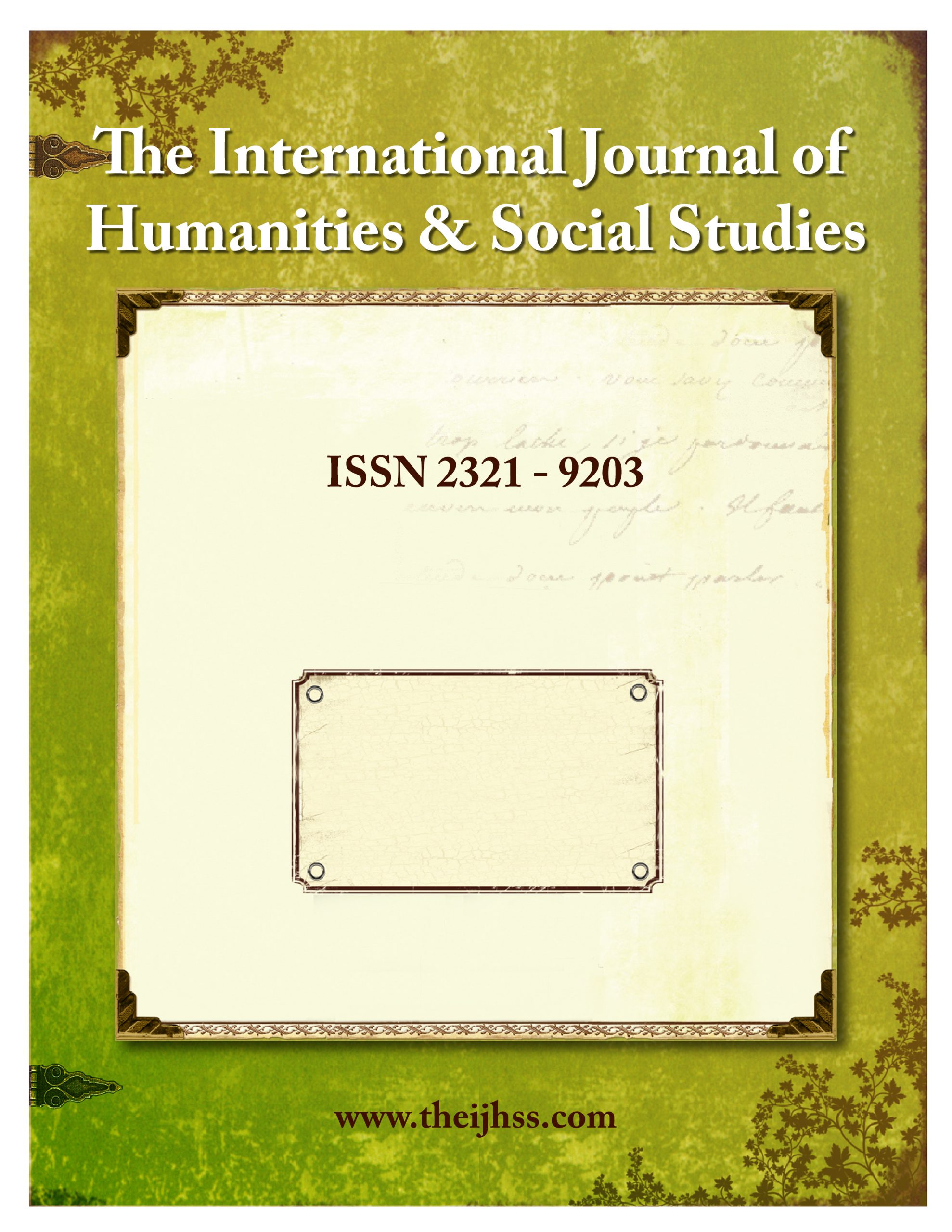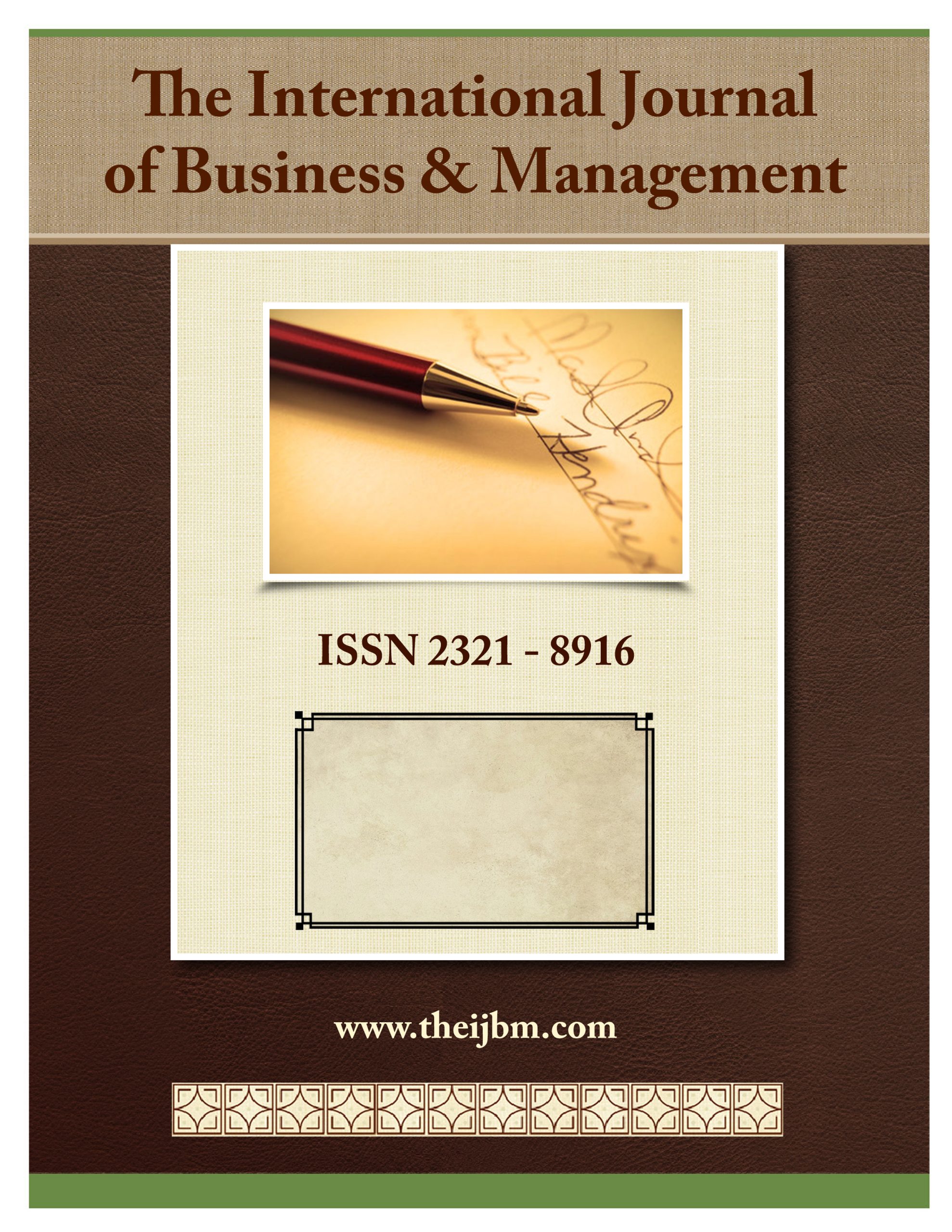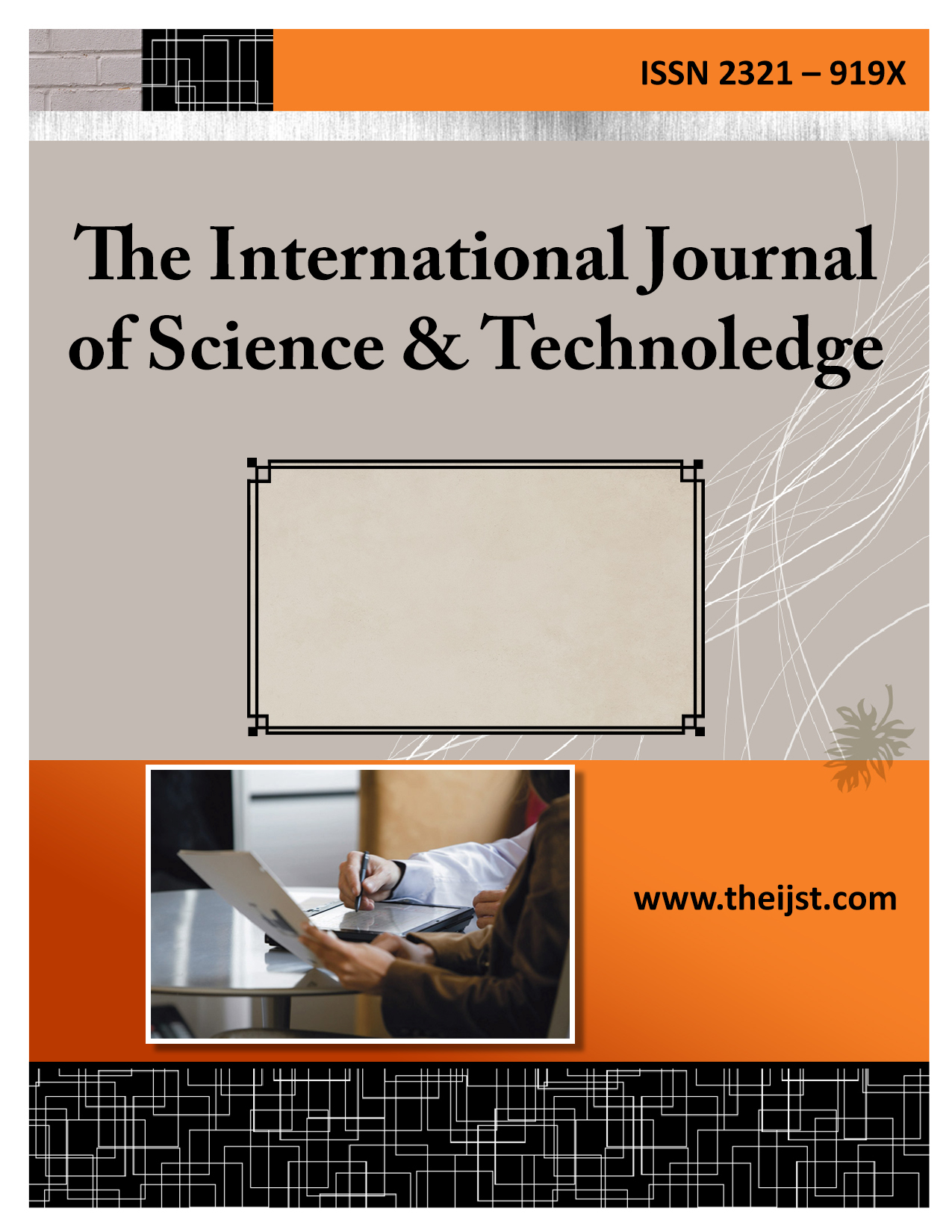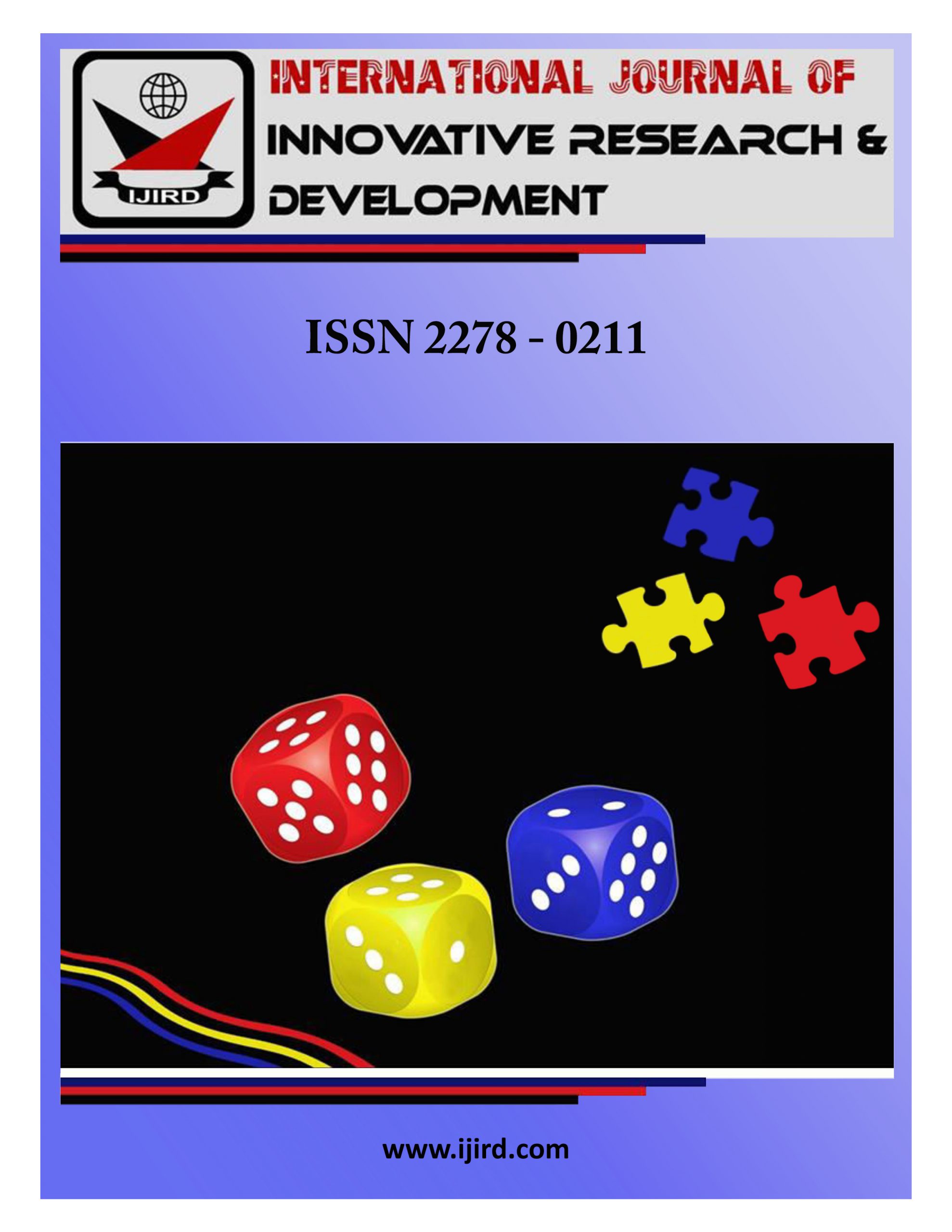Every researcher’s dream is to get published in a reputable journal. But to achieve that, a manuscript has to go through several stages. And all these stages are difficult to cross; rejection is always knocking at the door. To avoid rejection, there are a few things a researcher needs to keep in mind. Rejection can happen in three stages: before peer-review, which is called desk rejection, after peer-review, and after editorial re-review. All the journal calls for paper follow specific guidelines adhering to which saves papers from rejection. To understand how to avoid this rejection, we need to understand what all these stages expect from the manuscript.
- Conflicting Scope of the Journal and the Manuscript: Any journal would always expect to publish a thesis that aligns with its scope, and if this criterion matches, naturally, the editor will notice the research. Not just this, it also must be eye-catching to the readers so that they take time from their busy schedules to give it a read.
- Follow the Journal Guidelines: Make sure to carefully read the submission guidelines provided by the journal you are submitting to because any high-impact journal always adheres strictly to its guidelines. The layout and formatting of the journal should consistently follow the requirements of the journal you are targeting.
- Avoid Plagiarism: Plagiarism is an act of intellectual theft that undermines academic integrity. It goes against the principles of honesty, credibility, and trustworthiness that are fundamental to the academic community. It is a violation of copyright laws, and authors who plagiarize risk facing legal action. Additionally, plagiarism can harm the reputation of the journal and the author’s reputation as a scholar.
- Focus on Your Abstract and Title: Your abstract and title are the first things that an editor or reviewer will read. Ensure that they are clear, concise, and accurately reflect the content of your manuscript.
- Clearly State Your Research Question and Hypothesis: Clearly stating your research question and hypothesis at the beginning of your manuscript will help to provide direction to your paper and avoid confusion. This is one of the most important stages for the following reasons:
- Focus: The research question and hypothesis provide a clear focus for the study. They help the author articulate what the study aims to achieve and how it will be accomplished. A well-defined research question and hypothesis help the author to stay on track and avoid irrelevant or extraneous information.
- Relevance: The research question and hypothesis help to ensure that the study is relevant to the field. By identifying a specific research question and hypothesis, the author is able to demonstrate the importance of the study and how it contributes to the existing body of knowledge.
- Clarity: A well-defined research question and hypothesis make the study’s purpose clear to the reader. This clarity helps the reader to understand the significance of the research and how it relates to their own work.
- Testing: The hypothesis provides a testable statement that the author can use to guide the study. This enables the author to evaluate the results of the study and draw conclusions based on evidence.
- Replication: Clear research questions and hypotheses facilitate replication. Other researchers can use the same research question and hypothesis to replicate the study and build upon the results, which increases the impact and importance of the research.
- Organize your Manuscript well: Your manuscript should be well-organized, with clear headings and subheadings that guide the reader through your research. Make sure your paper flows logically and is easy to follow.
- Use proper grammar and spelling: Carefully proofread your manuscript for grammatical errors and typos. Avoid using jargon or overly technical language.
- Use Active Voice: Writing in the active voice helps to make your manuscript more engaging and easier to read. Avoid using the passive voice whenever possible.
- Use Appropriate References: Ensure that you use appropriate references and that you properly cite all sources. This will help to establish the credibility of your research.
- Get Feedback from Others: Before submitting your manuscript, have colleagues or peers review your work. They may be able to offer valuable feedback that can help you improve your paper and avoid desk rejection.
By following these tips, you can improve your manuscript writing and increase your chances of acceptance for publication. Sometimes editing a manuscript gets overwhelming as it is one of the most difficult things to do; in such cases, there are publishing houses like Exceller Books that can help you edit your manuscript in a professional way to make it journal-friendly.










